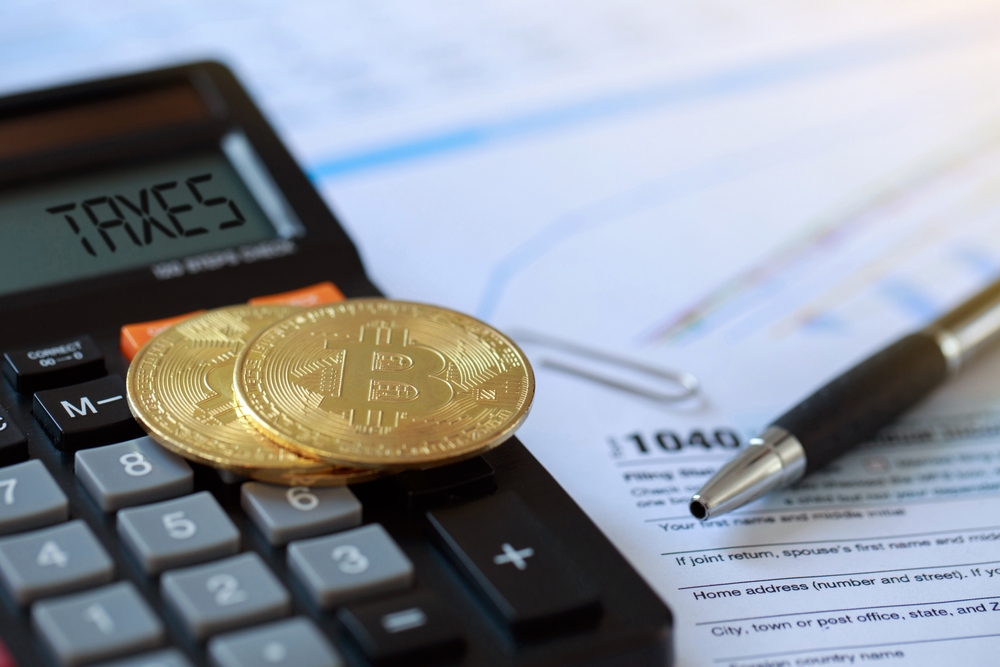Currently, virtual assets are the most popular and common form of investment; if not so, then the most mentioned. No wonder it is amazing. Digital virtual assets are still unpredictable and new to several people—a surprising beam of high risk and high returns.
Virtual crypto asset investors are the pioneers of the capitalization world; meanwhile, it is consumer friendly as it is easy to begin with even little investment and based on the amazing potential of the digital virtual asset industry.
However, a very small number of individuals take note of the taxes surrounding it. Although, what is the significance of chasing after above-average returns and tolerating above-average risks, if those rewards are reduced by poor tax strategy?
The Tax Reporting Task
The United Kingdom legislation has taken several years to develop into its current form, and there have been no particular changes to welcome the decentralized nature of virtual assets. At the same time, investors know that liquidating shares is taxable.
Relatively, many online stores accept payments through crypto and paying for goods and services in such areas triggers disposal. The challenge lies in the decentralized nature of virtual digital assets.
Swapping or utilizing virtual crypto assets for payments differs from converting crypto into cash; thus, consumers and traders often must be aware that it may be questionable.
From a taxable point of view, you have sold a product for an equivalent amount of monetary value and proceeded to purchase another commodity for the same amount.
It means your capital gains will be measured according to the average purchase cost of your virtual crypto asset investment over time. Thus, if you have received a few tokens yearly and liquidated some, the capital gain may differ from what you anticipated.
A Universal Investment with Local Taxes
Virtual crypto asset trading is a worldwide investment that does not recognize boundaries, and different nations are handling them differently and employing different methods of taxing them. Therefore, this action can be challenging for United Kingdom taxpayers, providing digital virtual asset services in different zones.
Your tax obligations are based on your geographical position. So despite where you operate, United Kingdom consumers need to abide to set regulations. For example, we have witnessed United Kingdom investors and traders unaware they had ignited disposal because they followed instructions published on United States websites designed for United States users.
Dealing with Loses
The latest collapse of FTX indicated the risks of being involved with virtual digital assets; when the firm collapsed, so many investors impacted both organizational and individual entities and displayed caution for those thinking of venturing into the crypto industry.
However, FTX’s downfall has also demonstrated the challenges of measuring losses in the same way that capital returns can be accessed and yet to be transparent when losses can be accessible. In the case of the collapsed FTX, the assets are not lost but frozen.
That indicates disposal has yet to occur but is held, awaiting the Securities and Exchange Commission verdict on the ongoing investigations about the company’s downfall.
FTX should also note that the HMRC does not treat the disappearance of digital virtual assets to be a disposal, so it might not be capable of retrieving the losses incurred.
You can leave a comment in the reply section below.

